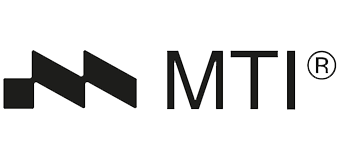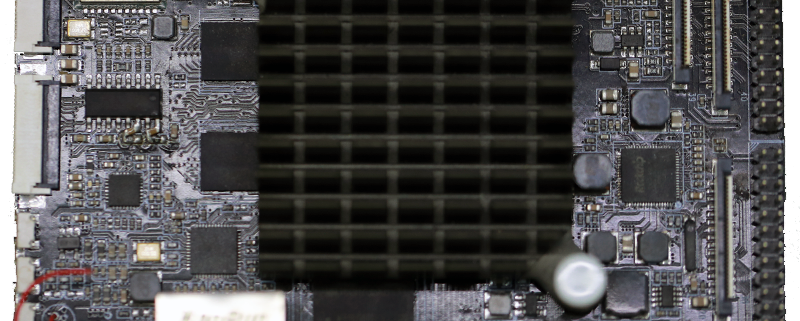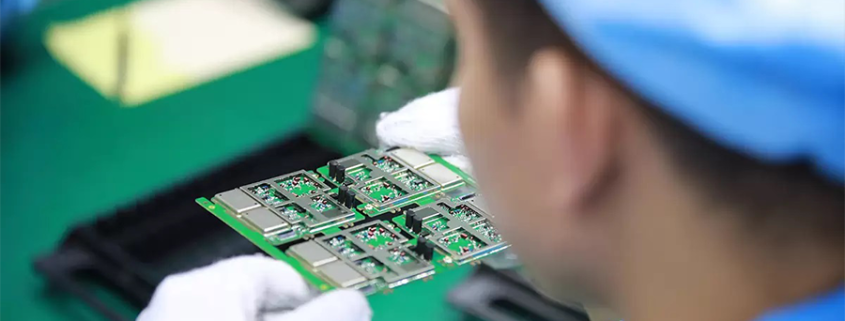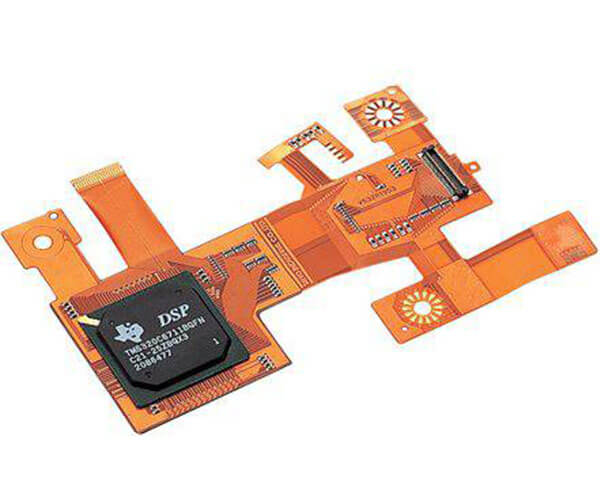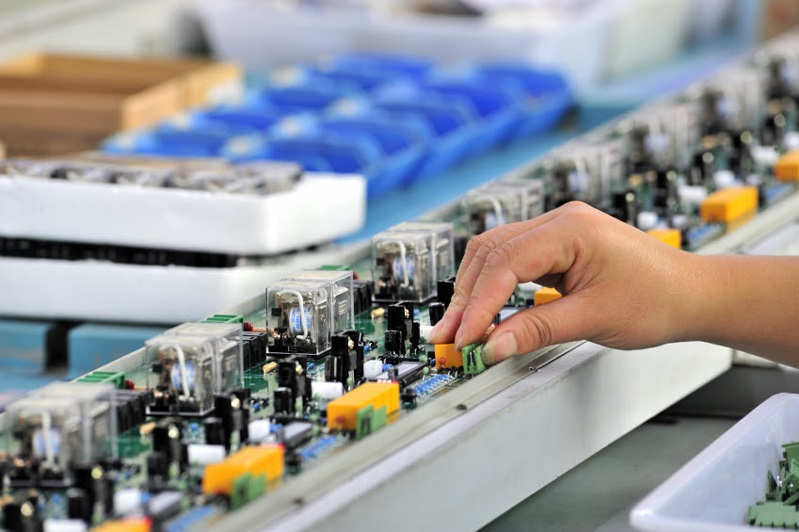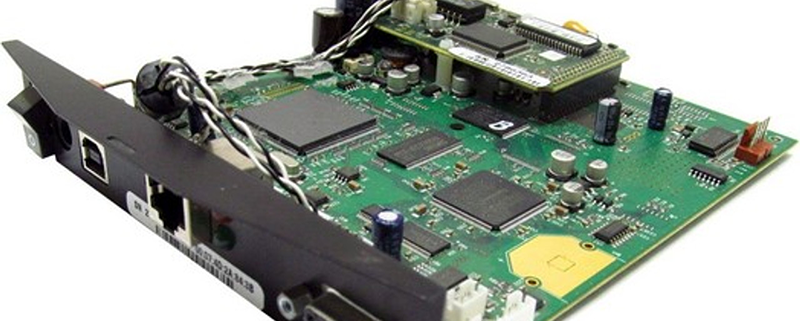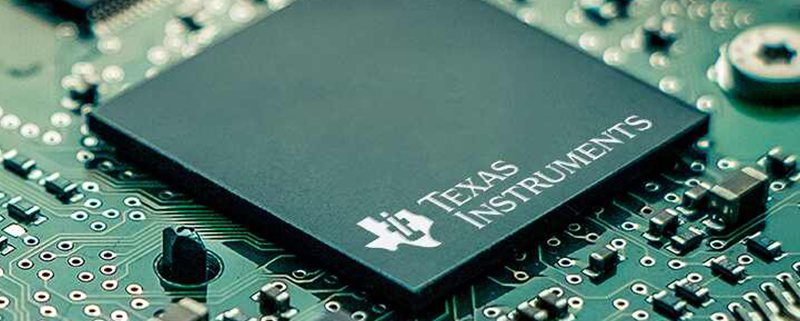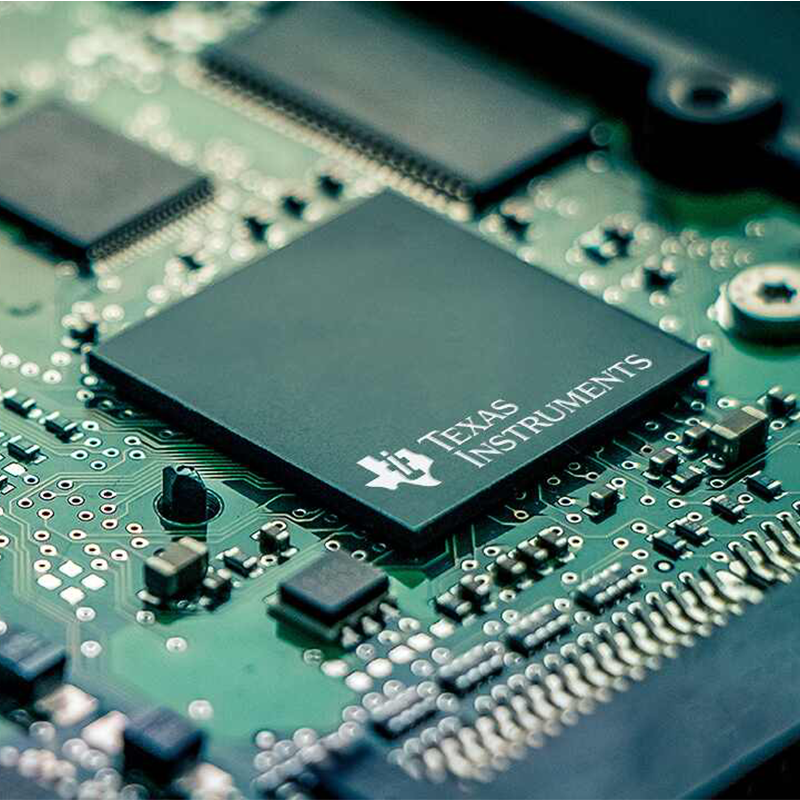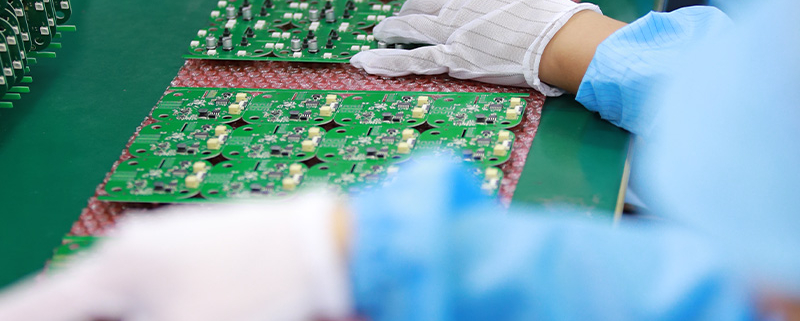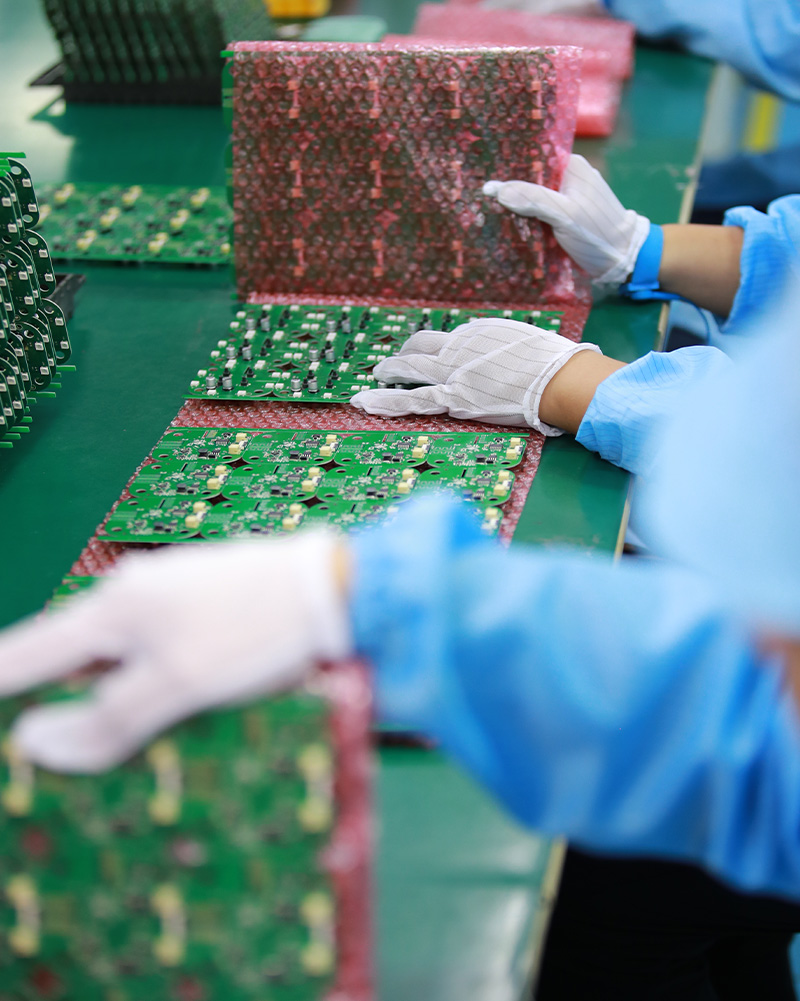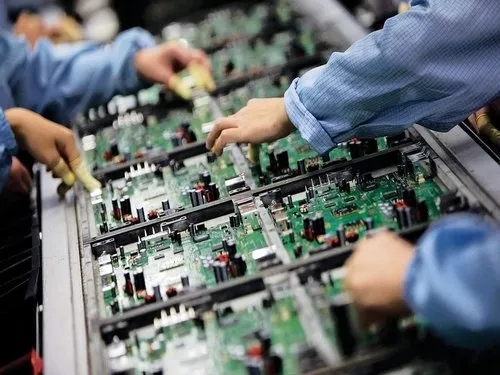Selecting the right PCB design service provider is a crucial step in ensuring the success of your electronic products. The quality of your PCB design can significantly impact the functionality, manufacturability, and overall performance of your final product. As a leading PCB assembly manufacturer, MTI understands the importance of choosing a provider that meets your specific needs. This article outlines the key factors to consider when selecting a PCB design service provider to ensure you receive top-notch design services that align with your project goals.
How Experienced Is the PCB Design Service Provider?
Experience is a critical factor in choosing a PCB design service provider:
- Industry Experience: Look for a provider like MTI with extensive experience in your industry. Industry-specific knowledge ensures that the design team understands the unique challenges and requirements of your product, leading to more effective solutions.
- Track Record: A proven track record of successful projects indicates a reliable provider. Check for case studies, client testimonials, and examples of previous work to assess the provider’s experience and capability.
- Technical Expertise: Ensure the provider has a team of skilled designers and engineers who are well-versed in the latest design tools and technologies. MTI’s team is equipped with the expertise to handle complex designs, ensuring that your project is in capable hands.
What Design Capabilities Does the Provider Offer?
The range of design capabilities offered by the provider is crucial for meeting your project’s requirements:
- Comprehensive Design Services: A full-service provider like MTI can handle all aspects of PCB design, from schematic capture and layout design to signal integrity analysis and design for manufacturability (DFM). This ensures a seamless design process and reduces the need for multiple vendors.
- Customization: Your project may have unique requirements, such as specific material choices, size constraints, or high-speed design needs. Ensure that the provider can offer custom solutions tailored to your exact specifications.
- Advanced Technologies: The provider should be proficient in advanced technologies such as multi-layer PCB design, RF design, and high-density interconnects (HDI). MTI stays at the forefront of technology, offering cutting-edge design solutions that enhance the performance and reliability of your product.

How Does the Provider Ensure Quality and Reliability?
Quality and reliability are paramount in PCB design, as they directly impact the performance of your product:
What Quality Assurance Measures Are in Place?
The design provider should have robust quality assurance processes:
- Design Reviews: Regular design reviews and checks are essential for catching errors early in the process. MTI conducts thorough design reviews at key stages to ensure that the design meets all specifications and standards.
- Simulation and Testing: Advanced simulation and testing capabilities allow the provider to verify the design’s performance before moving to production. MTI uses tools like signal integrity analysis and thermal simulations to ensure that the design functions as intended under real-world conditions.
- Compliance with Standards: The provider should adhere to industry standards such as IPC, ISO, and UL certifications. MTI’s commitment to quality includes compliance with these standards, ensuring that your PCB design meets global regulatory requirements.
How Does the Provider Manage Communication and Collaboration?
Effective communication and collaboration are vital for the success of your project:
- Clear Communication Channels: The provider should offer clear and open lines of communication, allowing you to stay informed and involved throughout the design process. MTI assigns dedicated project managers who serve as your main point of contact, ensuring that your questions and concerns are addressed promptly.
- Collaborative Tools: Look for a provider that uses collaborative design tools and platforms, allowing you to review and provide feedback on the design in real time. MTI utilizes the latest collaboration tools to facilitate seamless communication between clients and design teams.
- Responsive Support: The ability to quickly respond to changes and address issues is crucial. MTI’s responsive support team is available to make necessary adjustments and provide guidance whenever needed, ensuring that your project stays on track.
What Is the Provider’s Approach to Cost and Lead Time?
Cost-effectiveness and timely delivery are essential considerations when selecting a PCB design service provider:
How Does the Provider Balance Cost and Quality?
Cost should not come at the expense of quality:
- Transparent Pricing: The provider should offer transparent pricing with no hidden fees. MTI provides clear and detailed quotes, ensuring that you understand the costs involved and can budget accordingly.
- Value for Money: While competitive pricing is important, consider the value provided. MTI focuses on delivering high-quality designs that meet your specifications and deadlines, offering a balanced approach to cost and quality.
- Optimization for Manufacturing: Design for manufacturability (DFM) practices help reduce production costs by optimizing the design for efficient manufacturing. MTI’s DFM expertise ensures that your design is both cost-effective and manufacturable, reducing the risk of costly redesigns.
Can the Provider Meet Your Lead Time Requirements?
Timely delivery is crucial for getting your product to market:
- Efficient Processes: The provider should have efficient design processes in place to meet your project deadlines. MTI’s streamlined design workflow ensures that projects progress smoothly from concept to completion, minimizing delays.
- Flexible Scheduling: Whether you need a rapid prototype or a full production run, the provider should be able to accommodate your timeline. MTI offers flexible scheduling options to meet the unique demands of your project, ensuring that your product is delivered on time.
Conclusion: What to Look for in a PCB Design Service Provider
Choosing the right PCB design service provider is critical to the success of your electronic product. When selecting a provider, consider factors such as experience, design capabilities, quality assurance, communication, cost, and lead time. MTI, as a leading PCB assembly manufacturer, offers comprehensive design services that are tailored to meet your specific needs. With a focus on quality, reliability, and customer satisfaction, MTI is the ideal partner for your PCB design projects, ensuring that you receive top-notch services that drive the success of your product.
